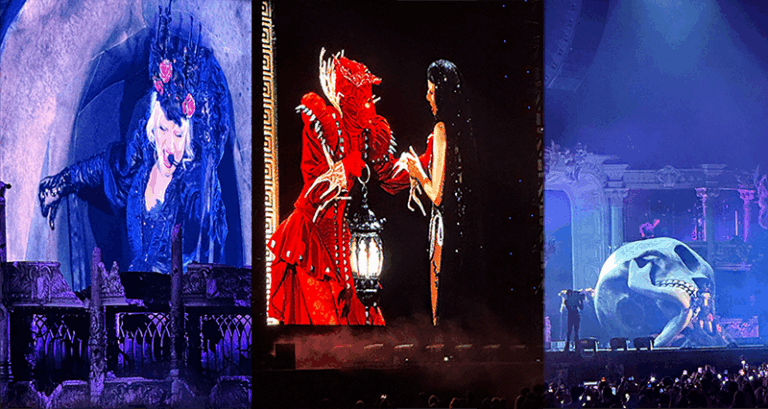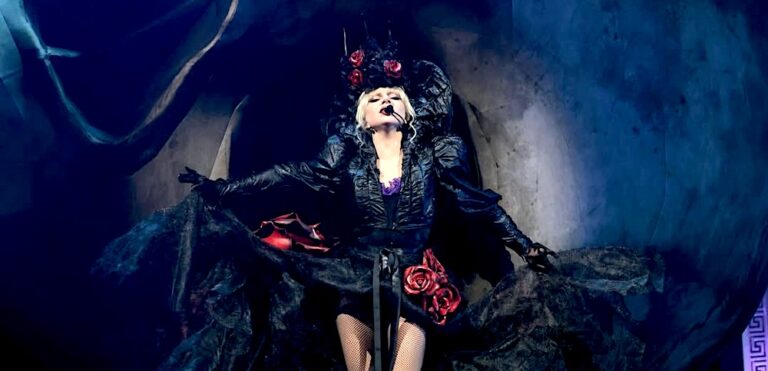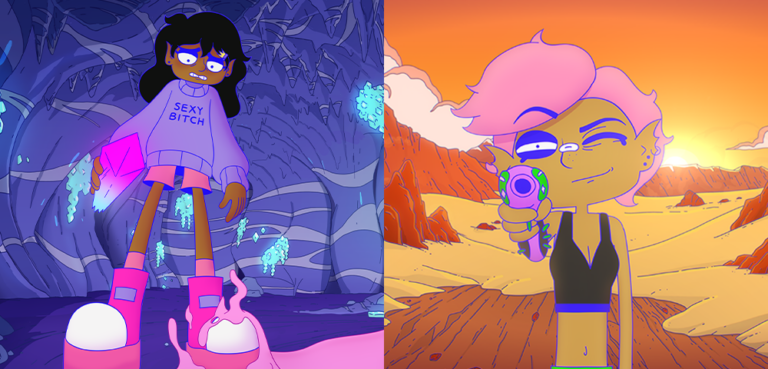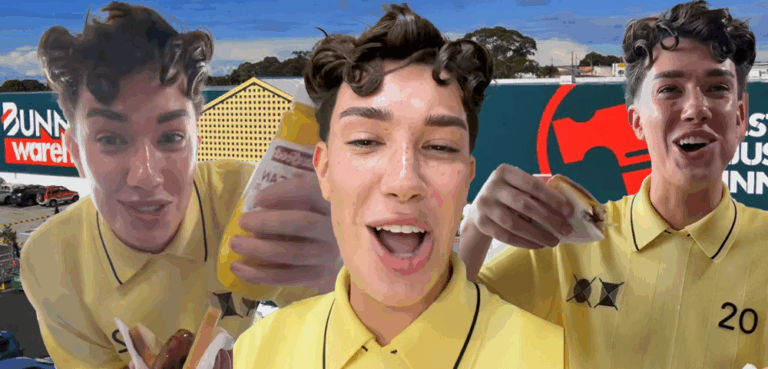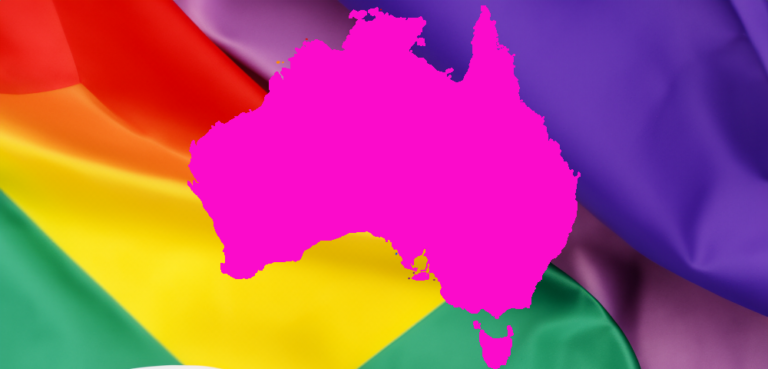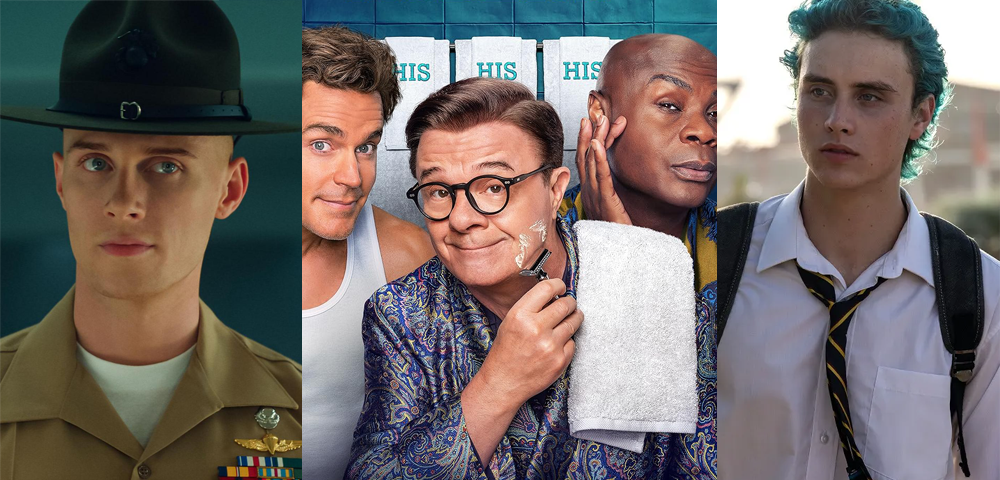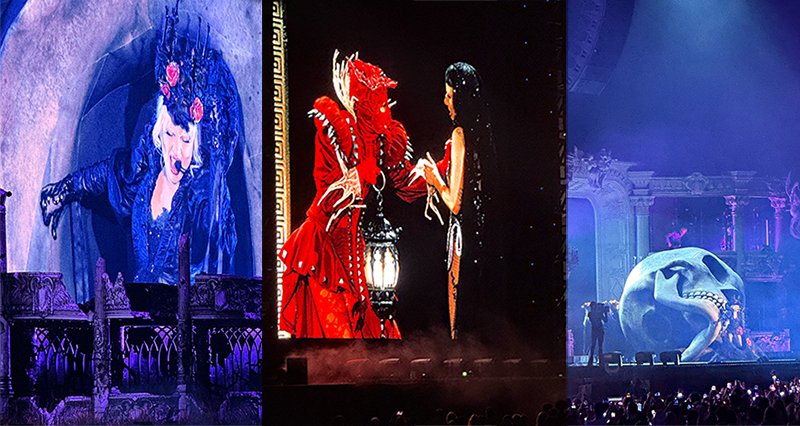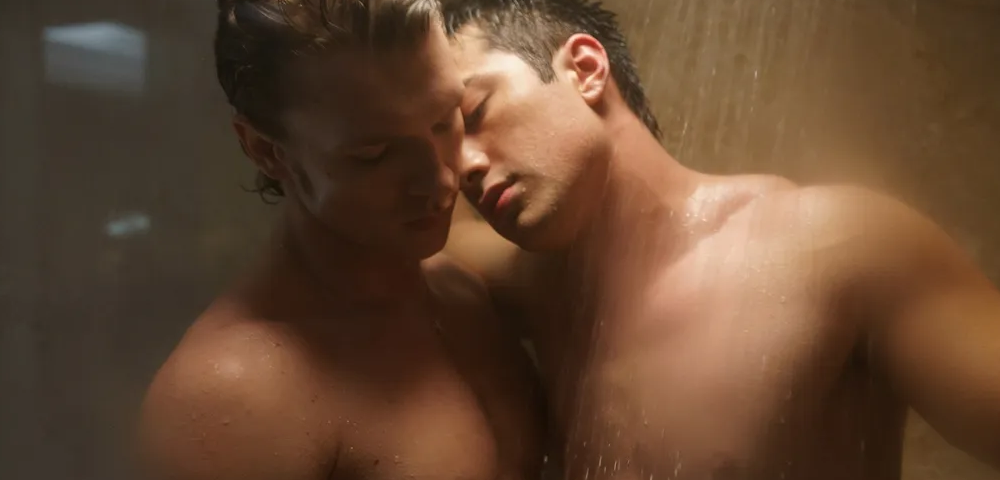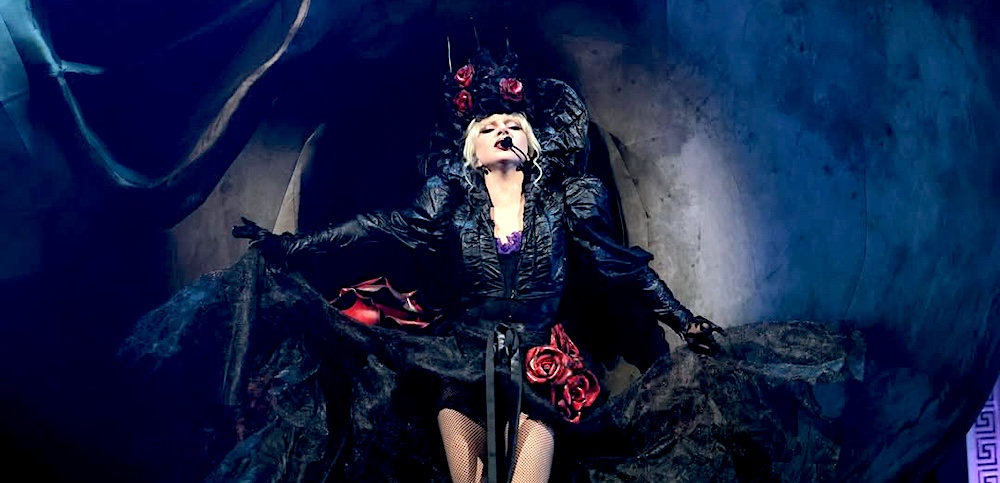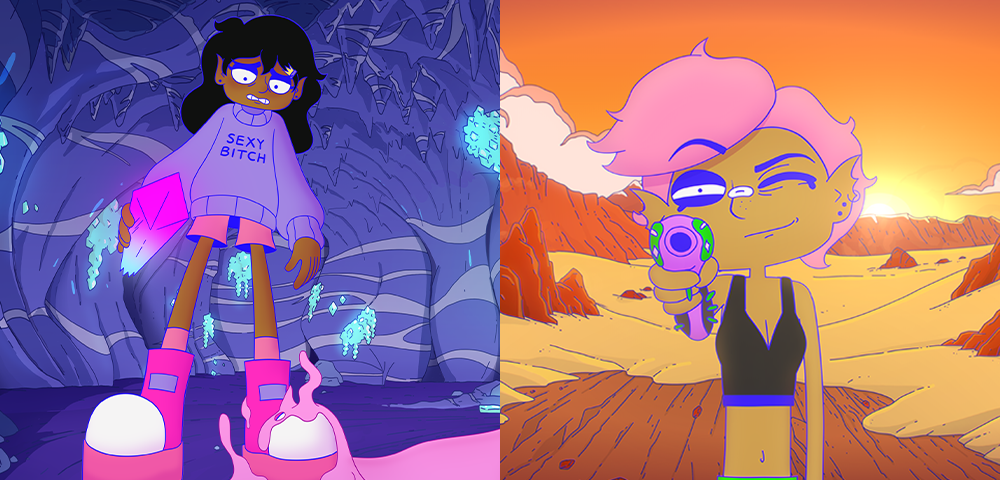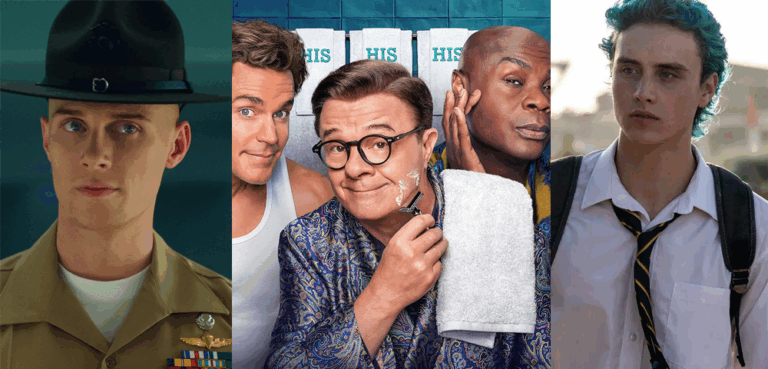
Diné Down Under
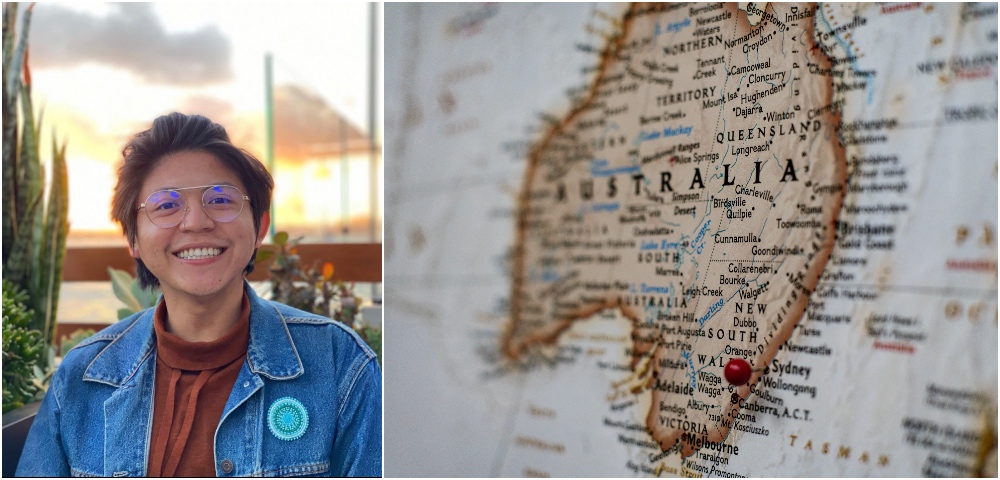
By Souksavanh T. Keovorabouth, Diné
Leaving home in the Sonoran Desert, I never imagined myself, a Queer (Two-Spirit), Brown, Indigenous (Diné), multiracial person having the opportunity to study abroad. I am thankful for the ability to live on Gadigal Country, and I begin with a proper Diné (Navajo) introduction to land, community, and ancestors past/future, for as I am Diné and a guest here:
Souksavanh Keovorabouth yinishyé. Kinyaa’áanii nishłi. Nááts’ózí Bashishchiin. ‘Áshįįhi Dashicheii. Nááts’ózí dashinalí.
Something that I’m learning more about is the romanticisation of moving to a new city or country as something extravagant and easy. We imagine ourselves exploring and fitting in as they do in the films, but I often find myself asking, “am I doing something wrong?”
No, I’m not!
Feeling Lonely is a Part of the Process
I’m actually doing this whole process right. Feeling lonely is a part of the process. Once we feel it and embrace it, without dwelling, we can truly connect to ourselves. I want to be open and honest with this moving process because I know that I’m not alone.
I’m, of course, looking for friends, and what better way to make friends than the apps (you know which ones). With my limited time here, I’ve learned that the Sydney “gay” scene is pretty much like the U.S. “gay” scene. Within two months, I have been ignored, blocked, ghosted, and stood up. Not being able to check off their “attractive” box that is based on looks: athletic, masc, and white.
We have been socialised to believe in beauty standards that have been subscribed onto us. Gene Lim’s “Is it alright with you that I’m Asian?” (Feb 2022 – Star Observer) is about sexual racism; we see that hook-ups and relationships, but now even friendships, are solely based on this so-called beauty standard.
Unfortunately, through these types of “preferences,” I was, and in some instances now, difficult on myself about my appearance or how I present myself (And don’t get me wrong, I have met some amazing people to offset these incredibly difficult experiences from these apps as well).
But thinking about home, community, and kinships that I want to create for me now and for future generations is to construct intentional Queer kin and relationships that build healing spaces for us to thrive.
Creating My Own Queer Kin Networks
Through these rare but great encounters, I can truly say that I am starting to create my own Queer kin networks in Australia that I know will extend beyond, even when I go back home to the U.S.
I share this piece as an offering to others who might be feeling the same, that these feelings of loneliness don’t last forever, and to surround yourself with folx who care about you and not your “appearance,” as it will only get you so far. Kindness and care for each other can and will open doors unimaginable for you in the future!
Souksavanh T. Keovorabouth, Diné (They/Them or All Pronouns) is a PhD student at Oregon State University in Women, Gender, and Sexuality Studies with a minor in Queer Studies and a certificate in Geographic Information Systems. They are also a PhD. Candidate at Macquarie University in Indigenous Studies as a Cotutelle Student.
